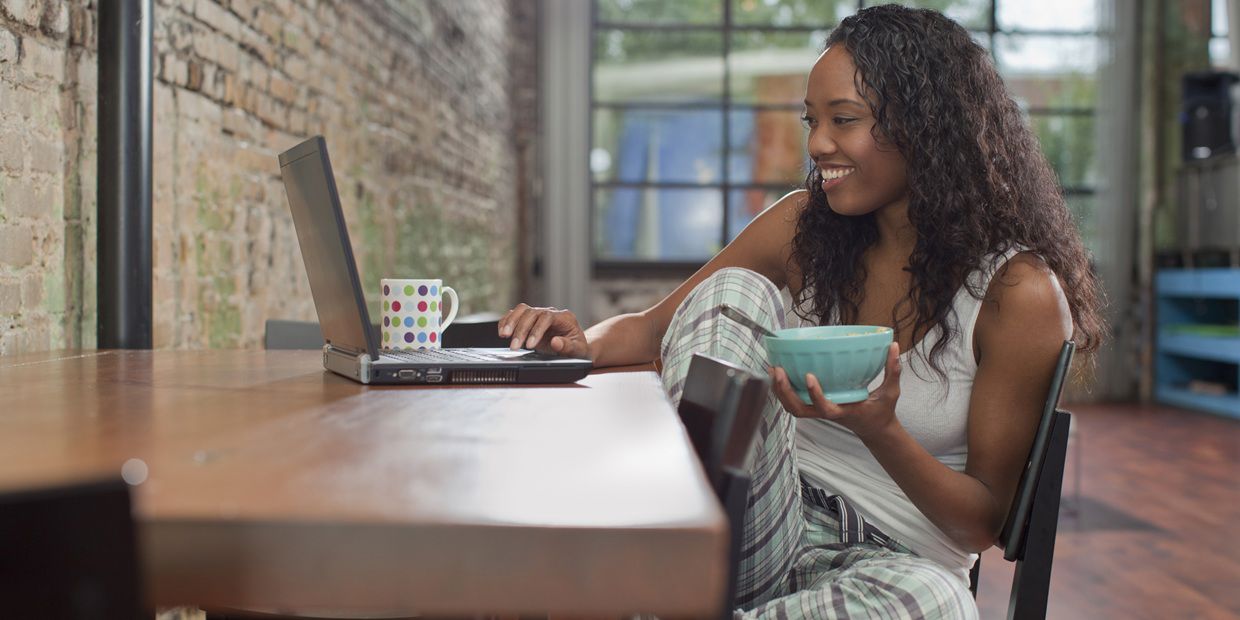Transparent insurance quotes that empower you
Insurers need to make sure that life insurance quotes and funeral insurance quotes are easy to understand, and you need to be confident that you understand all the policy terms and conditions. Here is what to look out for.






